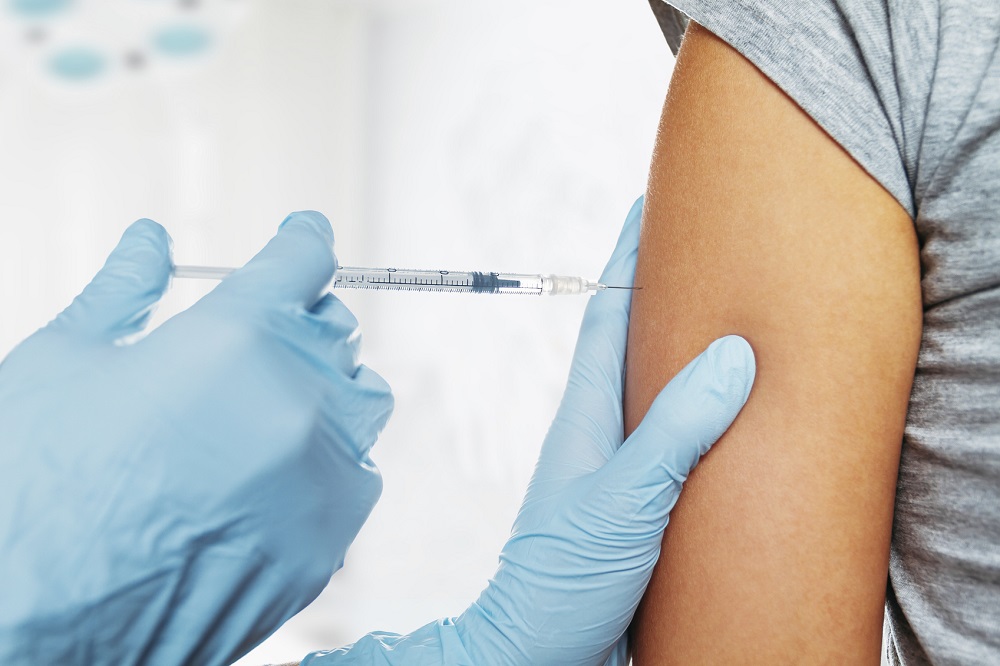NEW YORK, Feb 11 — New US research has found that just a single dose of the human papillomavirus (HPV) vaccine appears to be as effective in preventing preinvasive cervical disease, which can develop into cervical cancer, as multiple doses.
Carried out by researchers at The University of Texas Medical Branch at Galveston, the new study looked at 133,082 females aged 9 to 26, 66,541 of whom had received one or more HPV vaccine doses between January 2006 and June 2015 and 66,541 who hadn’t received the vaccine at all and were matched for age, sexually transmitted disease history, and pregnancy.
The findings, published online in Cancer, a peer-reviewed journal of the American Cancer Society (ACS), showed that for the females age 15 to 19, those who received one, two, or three doses of the HPV vaccine had lower rates of preinvasive cervical disease than those who were unvaccinated.
More specifically, the researchers found that within five years, the risk of preinvasive cervical disease was 36 per cent, 28 per cent, and 34 per cent lower for teens who received one, two, and three doses of the vaccine, respectively, compared with those who received no vaccine. It also suggested that just one vaccine may be sufficient for helping to lower the risk of the disease.
However, for the youngest females in the study, those under the age of 15, and for the oldest age group, those over the age of 20, there appeared to be no significant differences in risk for preinvasive cervical disease among the vaccinated group.
“This study shows the impact of vaccinating at younger ages and its lasting long-term protection against cervical cancer,” said author Dr Ana M. Rodriguez, MD, MPH. “It is important to educate parents about the need to vaccinate their children.”
The authors of an accompanying editorial also added that, “If one dose of HPV vaccine was sufficient for effective protection, HPV vaccine implementation and scale-up would require less logistics... Available doses could extend further, and the overall cost would be lower.”
HPV is the most common sexually transmitted infection in the United States. Persistent infections with certain types of the virus can go on to cause cervical cancer.
To prevent infection, the Centres for Disease Control and Prevention recommends that adolescents, including both boys and girls, under the age of 15 years receive a two-dose schedule of the HPV vaccine. — AFP-Relaxnews






















